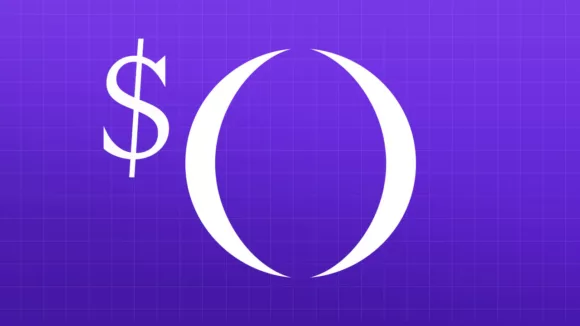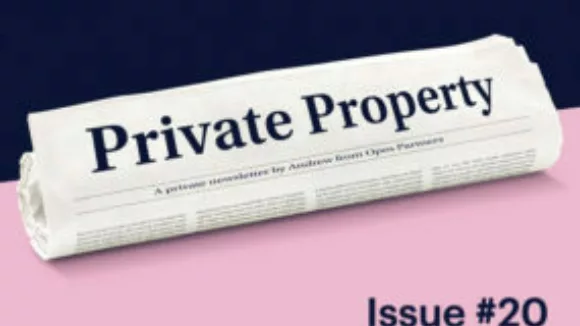
Property Investment
Property Investment
3 min read

Author: Andrew Nicol
Managing Director, 20+ Years' Experience Investing In Property, Author & Host
Reviewed by: Laine Moger
Journalist and Property Educator, holds a Bachelor of Communication (Honours) from Massey University.
Private Property – our weekly newsletter that gives you insights into what's happening in the NZ property market. Written by managing director Andrew Nicol. Sign up to receive this in your inbox every Thursday.
Competition is heating up between the banks.
The total number of property sales is down 26% year on year. That means fewer loans coming out of the banks, so they’re competing more aggressively.
BNZ is offering up to $20k as a cashback to people taking out new loans.
Kiwibank is offering up to $10k in a similar promotion.
But is it all too good to be true, and are these cashbacks always worth taking?
What is a mortgage cashback? How do they work?
When you take out a new mortgage, the bank will sometimes offer you (what seems to be) “free” money.
Take out a $500k mortgage; you might get $3,500 deposited into your account.
You can use this to cover your legal fees (if you’ve just bought a new house). Maybe you’ll use it to buy something nice for your home. Or, you might use it to pay down debt.
The banks use cashbacks to entice customers to switch banks and stick with the bank they’ve just taken the loan out with.
That’s because if you leave the bank within 2-3 years, you have to pay some of that money back. That’s called a clawback.
Can everyone get a $20k cashback from BNZ?
Before you get too excited … to get the $20k from BNZ, you need to take out a $2 million loan.
That’s because you get 1% of the loan you take out.
Borrow $400,000 from them, you’ll get $4,000 back.
Borrow $1 million, and you’ll get $10k back.
While banks have always offered cashbacks, the difference here is:
How do these higher cashbacks compare to what you usually get?
According to both Interest and MoneyHub, the average cashback is usually around 0.7%.
So if you take out (or move) a $500k mortgage, getting a 1% cashback gets you an extra $1,500 compared to what you’d typically get.
Should I always go with the bank with the higher cashback?
Let’s say you have a $500k mortgage and are weighing up your options.
As part of the deal, both banks will claw back some of the cashback if you leave within 3 years. So you look at the 3-year rates on offer –
Which is better?
Let’s start with the differences between the cashbacks.
If you go for the higher cashback, you’ll get an extra $1,500.
But, you also need to factor in the higher interest rate.
In this case, Bank A offers a 0.2% lower rate.
That’s $1,000 less per year compared to Bank B. And since this is over 3 years, that’s about $3,000 less.
So, in this instance, the bank with the lower cashback is offering a better deal.
Do the numbers always work out this way?
No, sometimes the bank with the higher cashback offers a better deal. But, there is sometimes more than meets the eye.
That’s why you shouldn’t just choose the bank with the higher advertised cashback.
Work with your mortgage adviser to figure out which is the best deal (and see if you meet the cashback criteria).
And just remember, if you are switching banks, there are legal fees involved in changing the mortgage.
It’s about $900 if the property is in your own name. And just over $1,000 if you own the property in a trust.
So if your mortgage is small, it may not be worth switching banks just for a cashback.
Managing Director, 20+ Years' Experience Investing In Property, Author & Host
Andrew Nicol, Managing Director at Opes Partners, is a seasoned financial adviser and property investment expert with 20+ years of experience. With 40 investment properties, he hosts the Property Academy Podcast, co-authored 'Wealth Plan' with Ed Mcknight, and has helped 1,894 Kiwis achieve financial security through property investment.
This article is for your general information. It’s not financial advice. See here for details about our Financial Advice Provider Disclosure. So Opes isn’t telling you what to do with your own money.
We’ve made every effort to make sure the information is accurate. But we occasionally get the odd fact wrong. Make sure you do your own research or talk to a financial adviser before making any investment decisions.
You might like to use us or another financial adviser